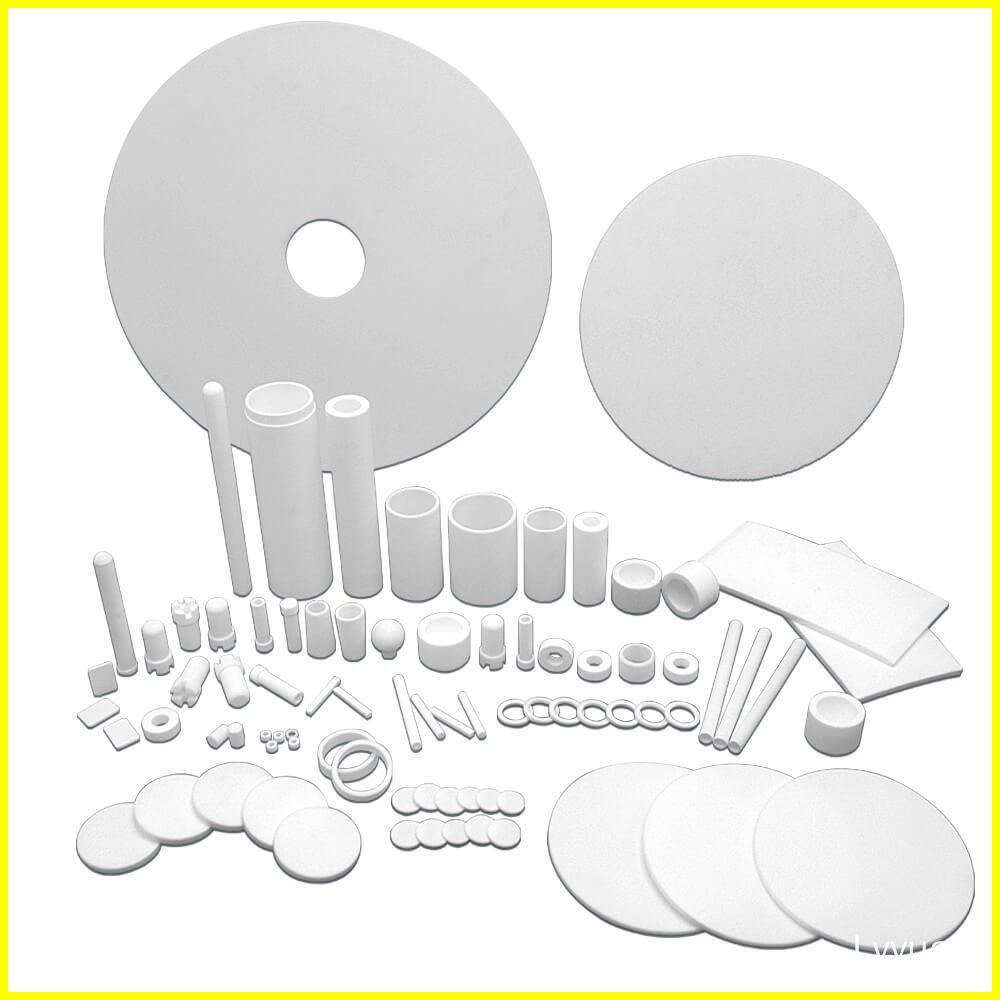The Guide to 200 Micron Stainless Steel Filter Mesh for Effective Filtration
In the world of filtration, achieving optimal results often comes down to the quality and design of the filter media used. When it comes to efficient and reliable filtration, 200 micron stainless steel filter mesh emerges as a top choice for many industries. At Lvyuan, we take pride in delivering excellence through our innovative sintered filters and filter housings, including the highly effective 200 micron stainless steel filter mesh. we will delve into the various benefits, applications, and considerations related to this powerful filtration solution.
1. Understanding 200 Micron Stainless Steel Filter Mesh
200 micron stainless steel filter mesh is a fine, tightly woven mesh made from high-quality stainless steel wire. With a precise opening size of 200 microns, this filter media offers exceptional strength, durability, and excellent resistance to corrosion and temperature extremes. It provides efficient particle retention and uniform flow distribution, making it suitable for a wide range of filtration applications.
2. Key Benefits of 200 Micron Stainless Steel Filter Mesh
The use of 200 micron stainless steel filter mesh offers several key benefits for filtration systems. This includes superior mechanical strength, resistance to abrasion, high temperature tolerance, and the ability to withstand harsh chemicals and extreme operating conditions. Additionally, the precisely controlled pore size ensures reliable particle retention, resulting in enhanced filtration performance.
3. Applications of 200 Micron Stainless Steel Filter Mesh
The versatility of 200 micron stainless steel filter mesh makes it suitable for diverse applications across various industries. From pharmaceutical and food processing to chemical, petrochemical, and water treatment, this filter media proves instrumental in achieving efficient particle separation and purification.
4. Choosing the Right 200 Micron Stainless Steel Filter Mesh
When selecting 200 micron stainless steel filter mesh for a specific application, it's vital to consider factors such as flow rate, particle size distribution, operating temperatures, and chemical compatibility. Lvyuan's expertise in filter design and manufacturing ensures that our 200 micron stainless steel filter mesh meets the specific requirements of each application, guaranteeing optimal performance and longevity.
5. Lvyuan's Commitment to Excellence
As a leading industry filter manufacturer, Lvyuan is committed to delivering top-notch filtration solutions tailored to meet the unique needs of our customers. Our comprehensive range of sintered filters and filter housings, including 200 micron stainless steel filter mesh, reflects our dedication to quality, performance, and reliability in filtration.
6. Frequently Asked Questions
Q: What are the typical dimensions of 200 micron stainless steel filter mesh?
A: The standard dimensions of 200 micron stainless steel filter mesh include a thickness of 0.5mm, a width of 1m, and a length of 30m per roll. Custom dimensions can also be provided based on specific requirements.
Q: Can 200 micron stainless steel filter mesh be reused?
A: Yes, the durable and resilient nature of stainless steel allows 200 micron filter mesh to be cleaned and reused multiple times, making it a cost-effective filtration solution.
Q: Are there different grades of stainless steel used for 200 micron filter mesh?
A: Yes, various grades of stainless steel, such as 304 and 316, are commonly used for 200 micron filter mesh, each offering specific properties for different applications.
Q: What is the maximum operating temperature for 200 micron stainless steel filter mesh?
A: Depending on the grade of stainless steel used, 200 micron filter mesh can typically withstand operating temperatures ranging from 800°C to 1000°C, ensuring reliable performance in high-temperature environments.
Q: What industries can benefit from using 200 micron stainless steel filter mesh?
A: 200 micron stainless steel filter mesh caters to a wide range of industries, including pharmaceutical, food and beverage, chemical, petrochemical, water treatment, and more, where efficient and reliable filtration is crucial.
Conclusion:
In conclusion, the use of 200 micron stainless steel filter mesh offers unparalleled filtration performance, making it an indispensable component in various industrial filtration systems. At Lvyuan, we take pride in providing high-quality filtration solutions, including the superior 200 micron stainless steel filter mesh, to meet the diverse needs of our customers with excellence and reliability.
Discover Shapes & Sizes of Sintered Metal Filters | Lvyuan
What is a Sintered Metal Filter? | Lvyuan
Tips for Wholesale Sintered Metal Filter Manufacturer in US
Custom high quality sintered metal filter Manufacturers and suppliers
Sintered mesh filters
How does a sintered mesh filter work?
Sintered mesh filters work by trapping and retaining particles within the porous structure of the mesh. The sintering process fuses the mesh layers, creating a robust filter with uniform openings that allow controlled passage of fluids while capturing contaminants.
For products
Are your sintered metal filters compliant with industry standards?
Yes, our sintered metal filters conform to industry standards, and we ensure compliance with quality management systems such as ISO9001. This commitment reflects our dedication to delivering high-quality filtration solutions.
What sizes and shapes are available?
Our sintered metal filters come in a variety of sizes and shapes to meet different application needs. Common configurations include cylindrical, disc, and tube shapes, with customizable dimensions to fit specific requirements.
Sintered Metal Filters
What is the filtration accuracy of sintered metal filters?
The filtration accuracy of sintered metal filters can vary. Common ranges include 1 to 200 microns, but customization allows for specific accuracy based on application needs.
For customization
How about your delivery time?
Generally, it will take 10 to 15 days after receiving your advance payment. The specific delivery time depends on the items and the quantity of your order, and if the item is nonstandard, we have to consider an extra 10-15 days for tooling.

Sintered powder metal filters

Bag filter housing

Sintered wire mesh filter

Stainless steel multi cartridge filter housing

Sanitary filter housing

stainless steel filter water

Stainless steel pleated filter cartridge

Stainless Steel Duplex filter housing
© 2024 Lvyuan All Rights Reserved. | Privacy policy • Terms and conditions

